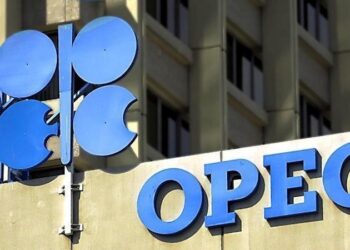The federal government has sought to retain investors confidence and sustain growth in the oil and gas industry, by slashing revenue sharing formula with operating oil and gas companies.
The federal government, set to boost production capacity through sustained investment by foreign oil companies, has set a lower threshold by which oil companies can recover their expenses as it seeks to boost government revenue amid lower crude oil prices threatening to widen the budget deficit in the West African nation.
The new rule will impact oil majors like Shell, ExxonMobil, Chevron and TotalEnergies that have production-sharing contracts with the state-owned NNPC, for deepwater offshore fields including Agbami, Egina and Akpo. These deals account for roughly a third of Nigeria’s output.
Firms with production-sharing contracts with the government will now claim a maximum of 70 per cent of their expenses, down from a previous 80 per cent ceiling.
The group chief executive officer (GCEO) of the Nigerian National Petroleum Company Limited (NNPCL), Bashir Ojulari, said during a briefing in Abuja that this will allow ‘continuous flow of production funds into the federation,” Ojulari said. “This stance enhances the federation stake while ensuring good return on investment to the contractor.”
The balance of 30 per cent unrecoverable cost, also known as profit oil, will be shared between the companies and the government according to terms agreed in their specific pacts, Ojulari said.
The International Monetary Fund (IMF) projects that Nigeria’s fiscal deficit could expand to 4.7 per cent of gross domestic product this year from 4.1 per cent in 2024, due to lower oil prices.
Nigeria had drawn its 2025 spending plan based on an optimistic oil price of $75 per barrel and production of 2.06 million bpd.





